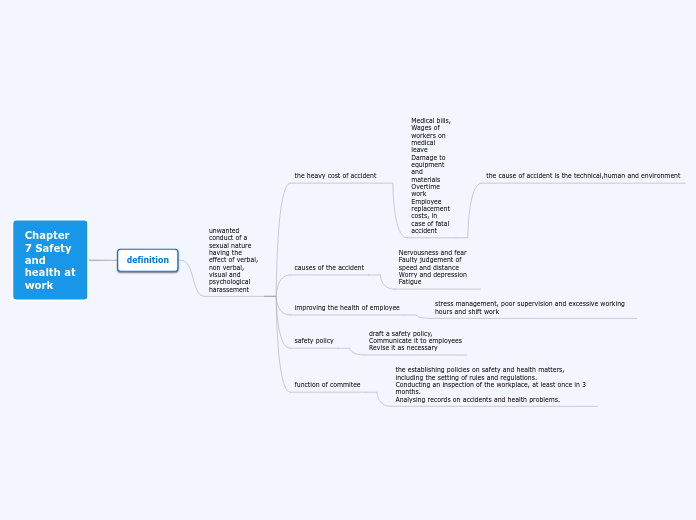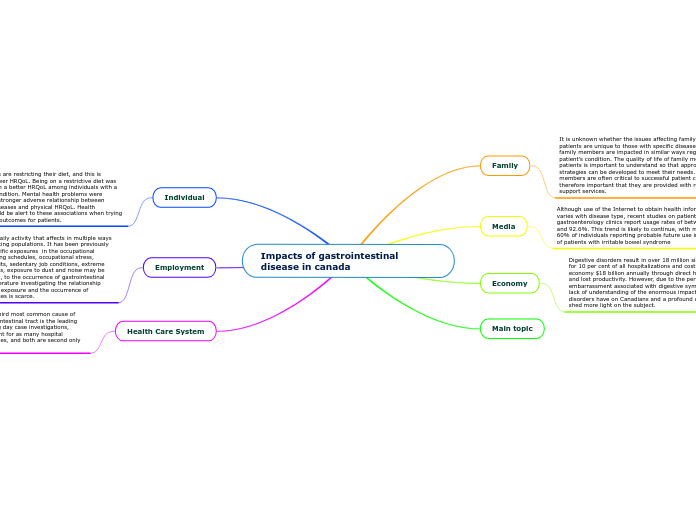av kelly leopardi 6 år siden
262
Impact of Lung Diseases in Canada
In Canada, lung diseases significantly impact both employment and the healthcare system. Poor indoor air quality at workplaces exacerbates conditions such as asthma and allergies, leading to symptoms that can hamper work performance and productivity.









